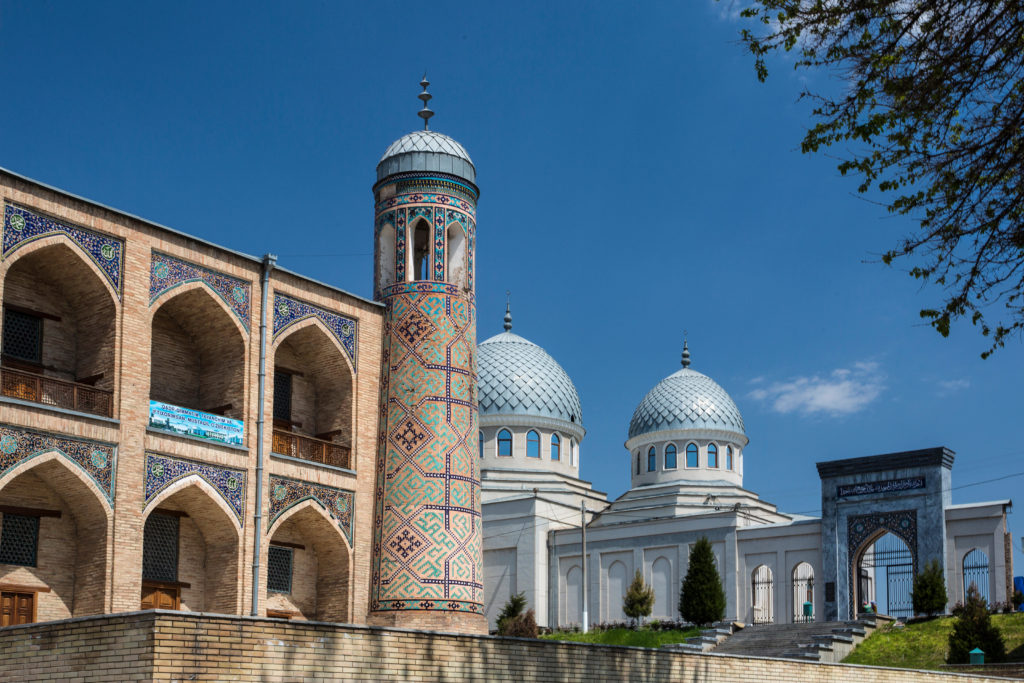TASHKENT
Uzbekistan plans to implement 9,000 projects worth $22 billion next year which would create more than 300,000 new jobs and will draft investment projects considering the needs of the local neighbourhoods to fight poverty.
The figures were announced by President Shavkat Mirziyoyev during a government meeting, where officials had been discussing the state programmes to fight poverty and reduce unemployment in the regions in 2022.
Mirziyoyev, who came to power in 2016 and was re-elected by a landslide in October this year for another five-year term, made poverty reduction in the country of 35 million people one of the main targets of his reform policy.
He announced this week that starting from 2022 the state investment programmes would be developed taking into account the needs of local mahallas (neighbourhoods).
“The main principles in this (strategy) will be job creation and poverty reduction … The most important task that we face is to bring these programs to the mahallas, to ensure their implementation,” the president told the government meeting.
Mahalla, a traditional residential community, which was a self-governing independent institution in pre-Soviet and Soviet times, was legitimised after Uzbekistan became independent in 1991 and is now considered as a fundamental unit of the society to help the state to govern.
“From now on, investment programmes will be developed by the hokims (governors) themselves, according to the per-mahalla principle. The (investment) programme will be set up not at the ministry level, but in the mahalla,” the president instructed the government.
The measures announced by the president to reduce poverty and unemployment in the country next year included allocation of 13 trillion soums ($1.2 billion) for the implementation of family entrepreneurship programmes, training the unemployed population and youth in entrepreneurship, and implementation of projects in the service sector.
The government was also tasked to provide 80,000 hectares of land, freed from cotton and grain, to the rural population so they can grow vegetables and make a profit. Uzbek banks will allocate soft loans at 7 percent per annum for family-based farms and to develop household plots.
The Uzbek leader also announced that the foreign investment and funds of the international financial institutions would also be directed to the development of mahallas.
In particular, the country will disburse $2.2 billion allotted by the international financial organisations to implement 109 projects to create 28,000 jobs.
Earlier this year, during the election campaign, Mirziyoyev said that Uzbekistan would implement around 8,000 large, medium and small investment projects in the Tashkent region worth $20 billion and promised that the government would implement over 5,000 projects totalling $8 billion in the Bukhara region in the next five years to introduce fundamental changes in the region’s industrial sector.

